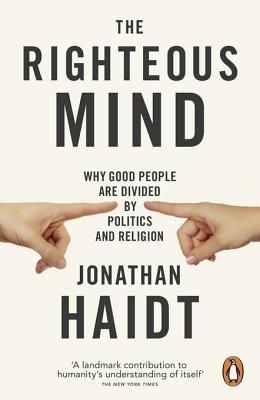I and my fellow Penn students were weird in a second way too. In 2010, the cultural psychologists Joe Henrich, Steve Heine, and Ara Norenzayan published a profoundly important article titled “The Weirdest People in the World?”2 The authors pointed out that nearly all research in psychology is conducted on a very small subset of the human population: people from cultures that are Western, educated, industrialized, rich, and democratic (forming the acronym WEIRD). They then reviewed dozens of studies showing that WEIRD people are statistical outliers; they are the least typical, least
I and my fellow Penn students were weird in a second way too. In 2010, the cultural psychologists Joe Henrich, Steve Heine, and Ara Norenzayan published a profoundly important article titled “The Weirdest People in the World?”2 The authors pointed out that nearly all research in psychology is conducted on a very small subset of the human population: people from cultures that are Western, educated, industrialized, rich, and democratic (forming the acronym WEIRD). They then reviewed dozens of studies showing that WEIRD people are statistical outliers; they are the least typical, least representative people you could study if you want to make generalizations about human nature. Even within the West, Americans are more extreme outliers than Europeans, and within the United States, the educated upper middle class (like my Penn sample) is the most unusual of all. Several of the peculiarities of WEIRD culture can be captured in this simple generalization: The WEIRDer you are, the more you see a world full of separate objects, rather than relationships. It has long been reported that Westerners have a more independent and autonomous concept of the self than do East Asians.3 For example, when asked to write twenty statements beginning with the words “I am … ,” Americans are likely to list their own internal psychological characteristics (happy, outgoing, interested in jazz), whereas East Asians are more likely to list their roles and relationships (a son, a husband, an employee of ...
...more
This highlight has been truncated due to consecutive passage length restrictions.


